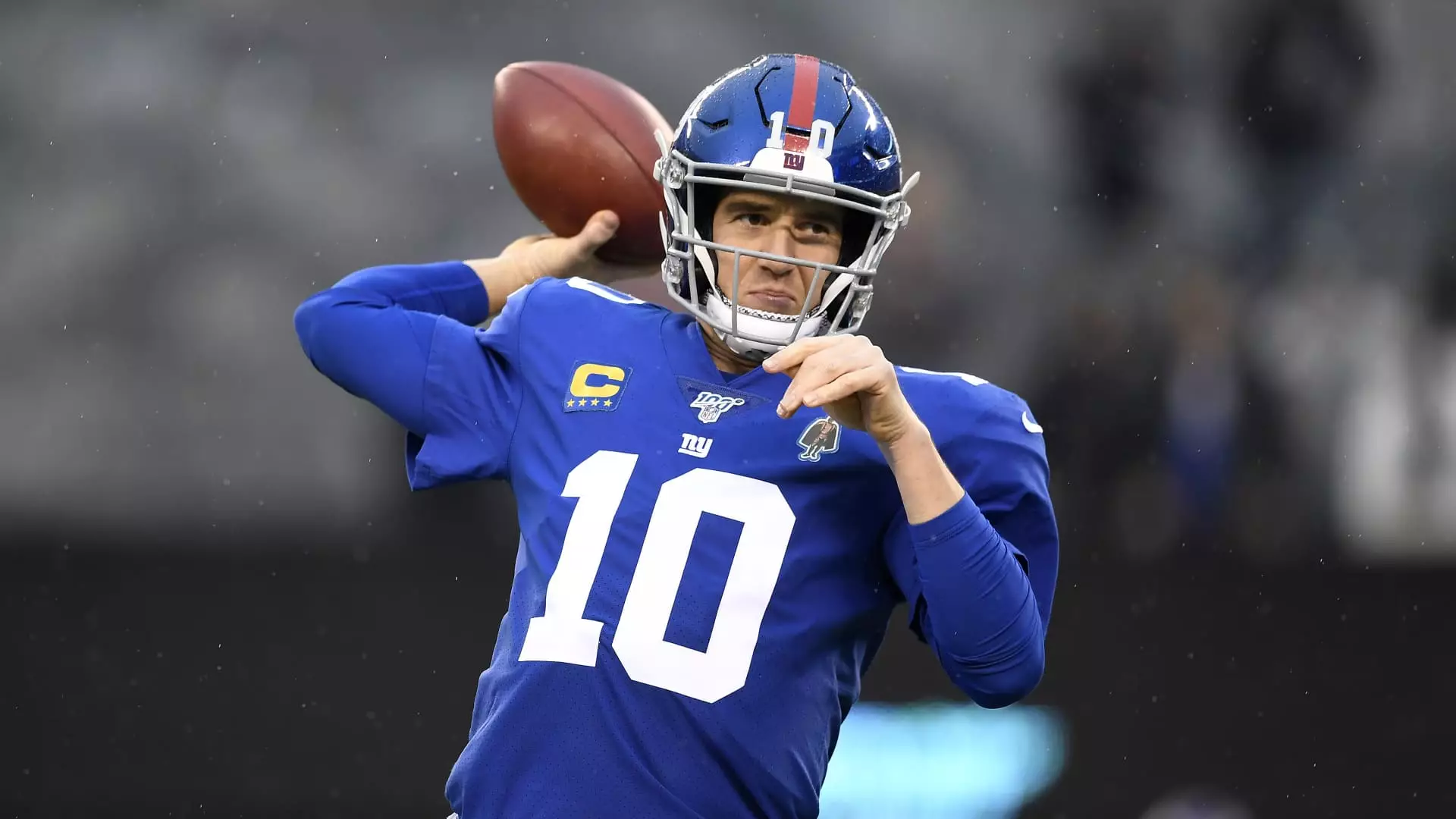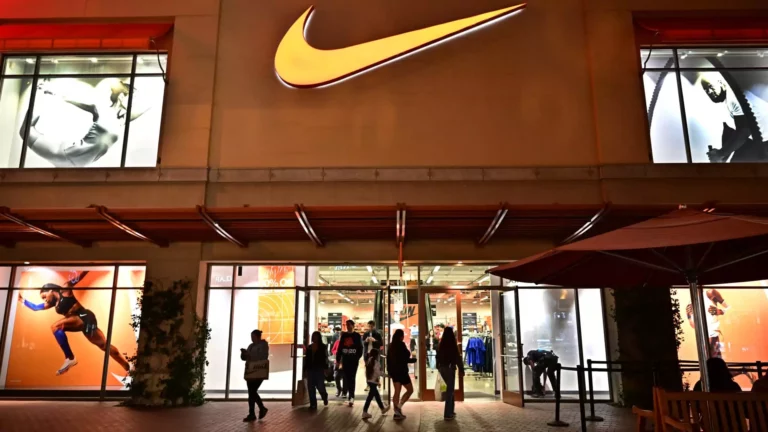Why Eli Manning’s Financial Apathy Reflects a Deepening Crisis in NFL Ownership and Market Realities

Eli Manning’s candid remark about being priced out of his beloved New York Giants underscores a harsh reality: the NFL’s exponential valuation increases are outpacing the financial comfort and appetite of former players and middle-tier investors. With team valuations soaring well beyond traditional bounds, the perception of sports team ownership as a lucrative investment is rapidly transforming into a privilege reserved for the ultra-wealthy and institutional investors. Manning’s statement that a 1% stake would cost around $100 million exemplifies how the NFL’s financial landscape is becoming increasingly exclusive, limiting genuine fan-owners from participating meaningfully. His inability to justify such an investment without conflicts of interest emphasizes a broader issue: the widening gap between the cost of ownership and the average investor’s capacity or willingness to engage.
Market Valuations Are Inflating Beyond Practicality
The recent valuations of NFL teams highlight an alarming trend: prices are rapidly outstripping traditional asset logic. The Giants, valued at approximately $7.85 billion, are now considered worth nearly double that figure—an indication of speculative exuberance rather than rooted economic growth. Smaller stakes, such as the Eagles’ minority sale at an $8.3 billion valuation or the Niners’ 6.2% sell at over $8.5 billion, showcase how NFL franchises are increasingly treated like luxury commodities. Even the NBA’s Lakers, with a valuation surpassing $10 billion, push the boundaries of franchise worthiness. The inflated values distort the perception of team profitability, relying more on brand equity, media rights, and market positioning than on replicable financial models.
The Administrative and Ethical Dilemmas of Investment
Manning’s withdrawal from the ownership race points to more than just monetary constraints; it’s symptomatic of systemic conflicts. His mention of potential conflicts with his media commitments and coaching relationships reveals how modern NFL ownership is fraught with ethical conundrums. The blurred lines between ownership, media commentary, and player relationships threaten to undermine the integrity of sports management. Moreover, the NFL’s move to allow private equity participation—up to 10% stake—risks commercializing the league even further, prioritizing profits over the sport’s soul and its loyal fan base.
Deepening Entrenchment of Elite Financial Power
The current landscape illustrates a consolidation of power among the ultra-wealthy, with families like the Maras and Tischs retaining ownership for nearly a century. Their decision to explore minority stakes signals a cautious approach amid rising valuations, yet it also reflects an inevitable trend: ownership becoming a plaything for investment giants and billionaire financiers. The influx of private equity and individual billionaires, as seen in bids from Julia Koch and figures like Michael Strahan, hints at a future where NFL ownership is less about local community roots and more about global financial speculation. Manning’s own disinterest aligns with a center-right perspective that favors measured, market-based approaches to ownership, wary of regulatory overreach and the erosion of traditional sports capitalism.
The Broader Implications for Fan Engagement and League Stability
This shift toward high-stakes investment not only elevates prices but risks alienating the core fan base. When ownership becomes disconnected from the community and motivated primarily by returns, the league’s cultural fabric frays. Manning’s stance – that ownership is beyond his reach and that the team’s value is justified – signals an acceptance of the new normal. Yet, this acceptance cloaks a potentially dangerous trajectory: a NFL increasingly dominated by a handful of wealthy elites, with the average fan and small investor sidelined. As the league gravitates toward inflated valuations, the delicate balance between sports as entertainment and a financial enterprise threatens to unravel, potentially destabilizing the league’s integrity and its communal appeal.





